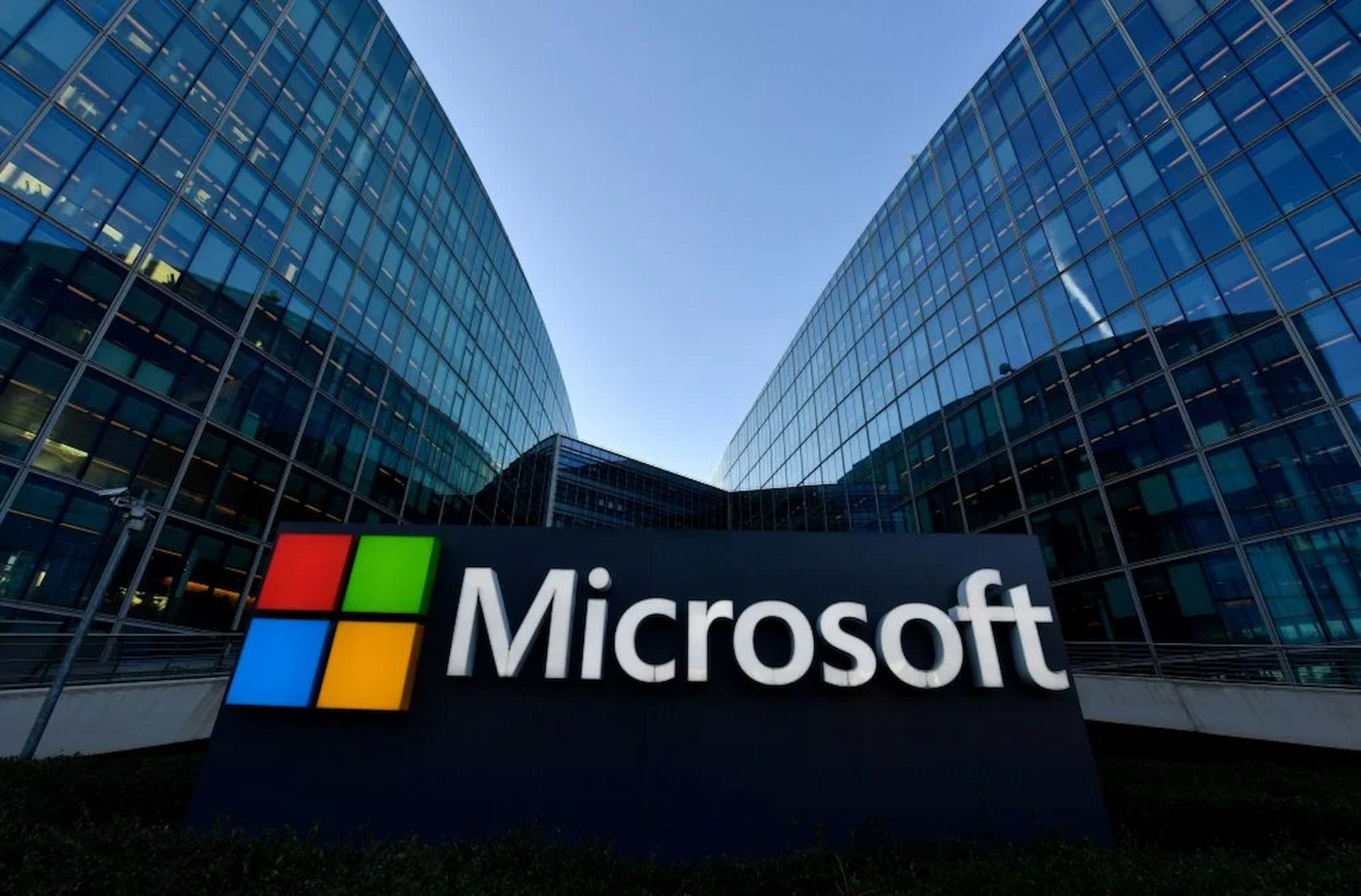Jaguar Land Rover (JLR) is beginning to restart production after a severe cyber-attack forced the company to shut down factories across several countries. Operations will restart at Wolverhampton, with other sites like Solihull and Halewood reopening gradually in the coming weeks.
The attack, which occurred at the end of August, halted manufacturing and paralysed the carmaker’s IT systems.
The disruption has caused significant financial strain across JLR’s supply chain, with many small businesses facing weeks without income. The government has offered a £1.5 billion loan guarantee to support suppliers, but industry leaders warn the assistance does not go far enough.
Evtec Group chairman David Roberts called the policy ‘toothless’, saying companies still struggle to cover labour and payroll costs after six weeks of zero revenue.
Experts believe recovery will take time, as restarting industrial production involves complex processes that cannot resume instantly. Former Aston Martin boss Andy Palmer warned that some suppliers may not survive the prolonged halt, risking further disruption.
JLR has confirmed its recovery programme is ‘firmly underway’ and that its global parts logistics centre is returning to normal operations, yet full production may remain weeks away.
Would you like to learn more about AI, tech and digital diplomacy? If so, ask our Diplo chatbot!









